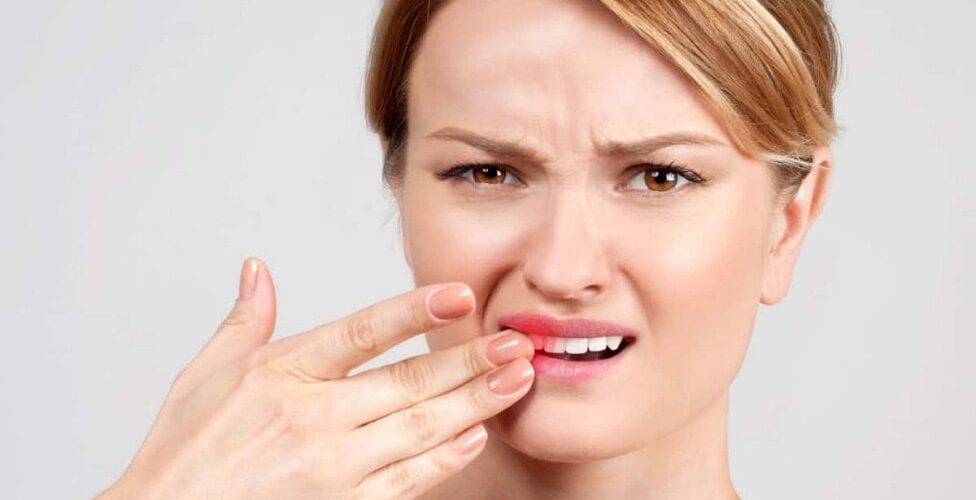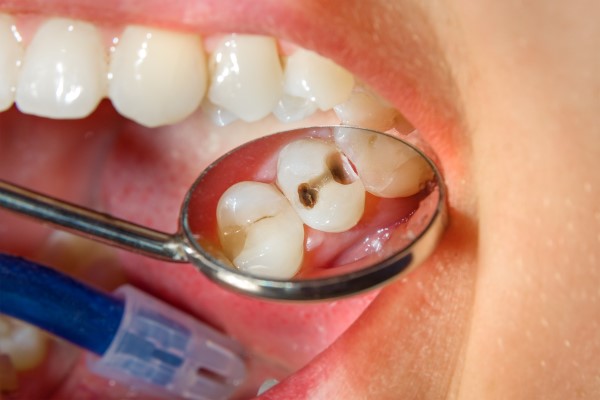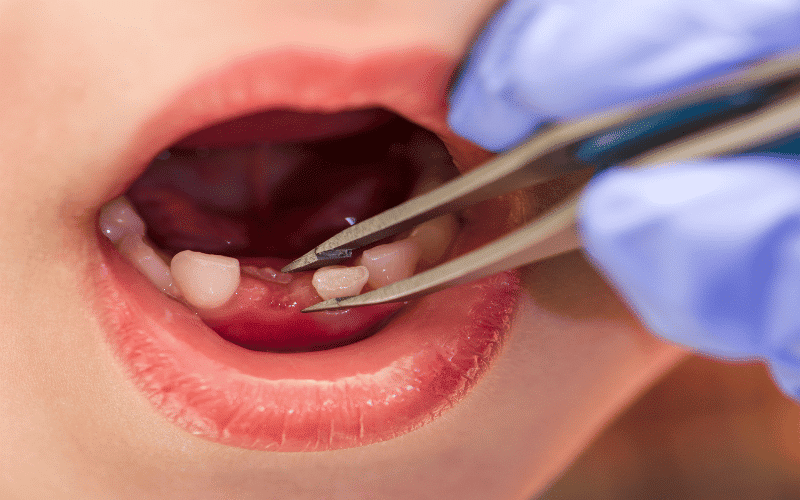Ouch! Why Do My Teeth Hurt When I Bite Down?
Toothaches are no fun, and experiencing pain when you bite down can be particularly bothersome. This pain can disrupt your daily routine and make even simple tasks like eating uncomfortable. This comprehensive guide delves into the various reasons why your teeth might hurt when you bite down, explores potential underlying causes, and offers tips for finding relief and preventing future discomfort.
Understanding the Bite: The Force Behind the Pain
When you bite down, your teeth are subjected to significant pressure. This pressure is transmitted through the teeth and down to the underlying bone and nerves. When there’s an issue with any of these structures, the resulting irritation or inflammation can manifest as pain when biting down.
Common Culprits: Unveiling the Causes of Bite Pain
Several dental issues can cause pain when you bite down. Here are some of the most frequent culprits:
- Cavities: Tooth decay weakens the tooth structure and can irritate the dentin, a layer beneath the enamel that contains tiny tubes leading to the tooth’s nerve center. Biting down pressure on a decayed tooth can stimulate these nerves, causing pain.
- Cracked Teeth: A crack in a tooth can expose the dentin and underlying pulp (the tooth’s core containing nerves and blood vessels). Biting down can put pressure on the crack, causing sharp pain.
- Loose Fillings: A loose or damaged filling can allow bacteria to infiltrate the tooth and irritate the pulp, leading to pain when biting down.
- Gum Disease: Inflamed or infected gums (gingivitis or periodontitis) can weaken the support structures around the teeth. This lack of support can cause the teeth to become loose and sensitive to pressure, resulting in pain when biting down.
- Abscess: An abscessed tooth is a pocket of pus caused by a bacterial infection in the pulp. This infection can cause significant pain, especially when biting down, as the pressure increases inflammation.
- Teeth Grinding (Bruxism): Unconscious teeth grinding or clenching can put excessive pressure on the teeth and jaw, leading to pain and discomfort when biting down.
- Temporomandibular Joint (TMJ) Disorders: Problems with the TMJ, the joint that connects your jaw to your skull, can cause pain in the jaw, face, and sometimes teeth, especially when biting down.
Beyond the Usual Suspects: Less Common Causes
In some cases, less common dental issues can also contribute to pain when biting down:
- Sinusitis: Inflammation of the sinuses can sometimes cause referred pain that manifests as pain in the teeth, particularly in the upper jaw, when biting down.
- Trigeminal Neuralgia: This neurological condition causes sudden, excruciating facial pain that can be triggered by biting down.
Seeking Relief: When to See a Dentist
If you experience pain when biting down, it’s crucial to schedule an appointment with your dentist to determine the underlying cause and receive proper treatment. Here are some situations that warrant prompt dental attention:
- Sudden and severe pain
- Persistent pain that lasts for more than a few days
- Pain accompanied by swelling, redness, or bleeding in the gums
- Fever or chills
- Difficulty chewing
Diagnosis and Treatment: Solutions for a Pain-Free Bite
Your dentist will conduct a thorough examination, including X-rays if necessary, to diagnose the cause of your pain. Here are some potential treatment options depending on the underlying cause:
- Cavities: Removal of decay and placement of a filling.
- Cracked Teeth: Depending on the severity of the crack, treatment might involve bonding, crowns, or extraction.
- Loose Fillings: Replacement of the loose or damaged filling.
- Gum Disease: Professional dental cleaning (scaling and root planing) and possibly antibiotics if an infection is present.
- Abscess: Drainage of the abscess, root canal therapy, or extraction.
- Teeth Grinding: Nightguards to protect teeth from wear and tear caused by grinding.
- TMJ Disorders: Pain management strategies like physical therapy, medication, or mouth guards.
Preventing the Ache: Maintaining a Healthy Bite
Here are some proactive steps you can take to prevent pain when biting down:
- Maintain good oral hygiene: Brush your teeth twice a day and floss daily to remove plaque and prevent cavities and gum disease.
- Schedule regular dental checkups and cleanings: Regular dental care allows your dentist to identify and address potential problems early on before they cause pain.
- Manage stress: Stress can contribute to teeth grinding, so relaxation techniques like meditation or deep breathing can be helpful.




